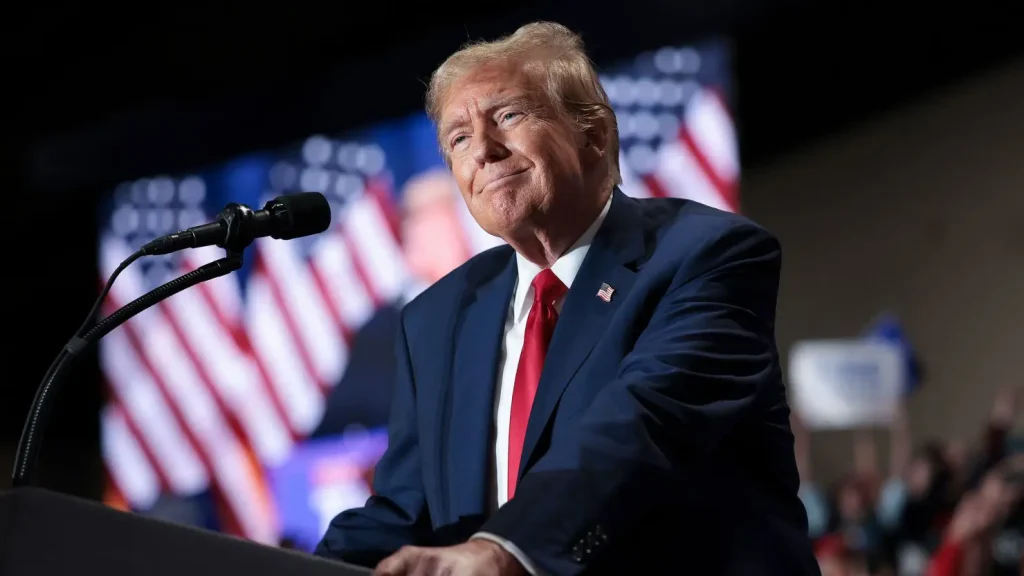CurrentReport Blog In a landmark decision on Monday, the United States Supreme Court ruled that former President Donald Trump is immune from prosecution for specific actions carried out during his time in office. The ruling overturns a lower court’s decision and solidifies the precedent that presidential acts within the scope of constitutional powers are shielded from criminal charges.
The decision emerged from a conservative majority of six justices, with Chief Justice John Roberts articulating the court’s opinion. Roberts emphasized the necessity of immunity for a former president’s official acts, stating, “We conclude that under our constitutional structure of separated powers, the nature of presidential power requires that a former President have some immunity from criminal prosecution for official acts during his tenure in office.”
The case centered around Trump’s attempts to contest the results of the 2020 presidential election, which he lost to Joe Biden. The Supreme Court’s ruling provides Trump with a significant legal shield, highlighting the protections afforded to presidential actions within the executive’s core constitutional duties.
However, the ruling draws a clear distinction between official and unofficial actions. Roberts clarified that while immunity applies to presidential duties, it does not extend to actions outside the official capacity. “The President enjoys no immunity for his unofficial acts, and not everything the President does is official. The President is not above the law,” Roberts asserted.












